How to gain self-efficacy - seminar on "Democracy in crisis?"
Elisa Lehrer, Lilo Meier and Anna Rößner no longer just wanted to worry about democracy. With the desire for more self-efficacy for themselves and their students, the lecturers from the Faculty of Business Administration and Economics designed the seminar "Democracy in Crisis?" in the summer semester of 2025. They invited experts from all faculties, went on excursions and simulated European politics. Together with their students, they explored the questions that are putting democracy under pressure.
"This is not about shining, this is about understanding how others think," Mario Clemens makes clear right at the start of his workshop. What is intended as a guide for his exercise describes the core of the "Democracy in Crisis" seminar quite aptly. This afternoon, the research assistant from Viadrina's Institute for Conflict Management will be using intensive formats to practise expressing opinions, listening to others, disagreeing with each other and sharing experiences with around 40 students. There is no right and wrong; what counts here is the search for a common understanding.
Understanding democracy with Socrates
Mario Clemens asks the students to literally position themselves in the seminar room and take a place that indicates how much they agree with certain statements. It's about statements such as "Some political judgements are better than others" or "It's difficult to distinguish between facts and values". It doesn't take long for the group to warm up. The participants quickly get talking, describing their experiences in India, Iran or Brandenburg. With the help of the so-called Socratic method, Clemens encourages the international students to question their thinking and preconceived answers. "In these workshops, we understand better what democracy really means, how difficult it can be to develop an opinion and find compromises," says student Farnaz Ghayeghi about what she takes away from the lessons with Clemens and other lecturers.
galery
Self-efficacy of teachers and students as a goal
Mario Clemens is one of many guests that Elisa Lehrer, Lilo Meier and Dr Anna Rößner invited to their interdisciplinary seminar. Lecturers from all faculties worked with the participants; they analysed music videos, talked about feminism and taught them how European institutions work. There were also excursions, simulation games and a final trip to Vilnius in Lithuania, which was organised as a ERUA Traveling Seminar to the partner university Mykolo Romerio (MRU) . The aim of the seminar: To invite students to take a critical look at the challenges facing democracies at the interface of business, politics and society.
"The idea for the seminar arose from a very personal perspective," says Elisa Lehrer. In view of the increasing pressure on democratic society, she and her colleagues asked themselves: "What can we do apart from worrying? We wanted to become self-effective in our professional role and also empower students to be self-effective." Together, they developed the idea of the cross-discipline and cross-teaching format seminar and integrated the Viadrina's existing pool of experts on the topic.
Ideal of good teaching realised
The lecturers from the Faculty of Business Administration and Economics designed the seminar to be interactive and varied; they allowed time to focus on the students' needs and also gave them space for preferences and reflection in the examination formats beyond multiple-choice tests. "For us, good teaching is more than just imparting knowledge. It enables students to think independently and critically," says Anna Rößner, describing her vision. She wants to inspire students, arouse their interest in new subject areas and encourage them to take on social responsibility. An ideal image of teaching that has great advantages for them as lecturers as well: "This seminar is also a learning process for us as teachers, a dialogue-based development with a very heterogeneous learning group."
Video statements and impressions of the seminar
Diversity of topics and perspectives
For IBA student Nikhila Prakash, who is originally from India, the diversity in the seminar was particularly enriching: "I think a lot about the crisis that democracy is in and I want to better understand where this comes from and why people vote the way they do." She learnt a lot about how her fellow students think and how they view democracy in their countries. What she takes away from the seminar is how important it is to articulate your own opinion. "You are limited in your own perspective. By talking to others, you can also correct yourself," she realises.
An experience shared by German-American Matthew Stehman, who was particularly impressed by a lecture on feminist perspectives by Viadrina researcher Rawina Trautmann. "As a man, it is often difficult to understand the challenges that women still face in democracies today. The presentation definitely gave me more empathy for women and their behaviour," says Stehman. His fellow student Lexus Aggrey emphasises the relevance of the topics covered: "In other courses, social changes caused by immigration, diversity or extremism are not addressed. This was an exceptional opportunity here."
The lecturers are impressed by how openly and actively the students have helped to shape the various teaching formats - for them, this is confirmation that investing in good teaching is worthwhile, even if it means a lot of extra work. "It's a project close to our hearts, but it also involves an incredible amount of coordination, a lot of work and a lot of time from different people," summarises Lilo Meier. There isn't always the space for such a teaching project, you have to consciously take it. In addition to the effort involved, the second major challenge is the intensity and complexity of the issues addressed, says Lilo Meier: "We address sensitive topics: Gender, racism, class ... We also had to learn: How do we deal with different opinions? That's part of talking about democracy: plurality at all levels."
Faculty Learning Community "Shaping democratic spaces"
One place to discuss such challenges is the Faculty Learning Community (FLC) "Shaping democratic spaces: University between neutrality and social responsibility". Together with more lecturers and Viadrina employees from other areas, Elisa Lehrer, Lilo Meier and Anna Rößner have created a space to discuss the role of the university in socially and politically turbulent times. The group also developed the desire to develop long-term formats that take up the basic idea of democratic spaces. Networking with colleagues who are active in other areas of the Viadrina and in interactions with urban society is a great benefit of the FLC, says Lilo Meier. "This group has given us the surprising and super nice feeling that we are not the only ones who care about this topic."
Translated by DeepL and edited
Back to the news portal
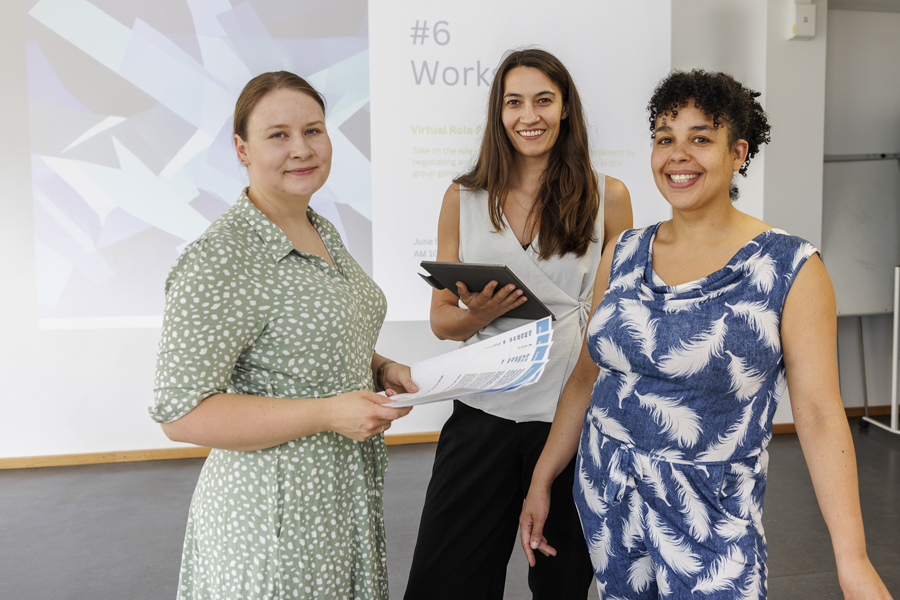
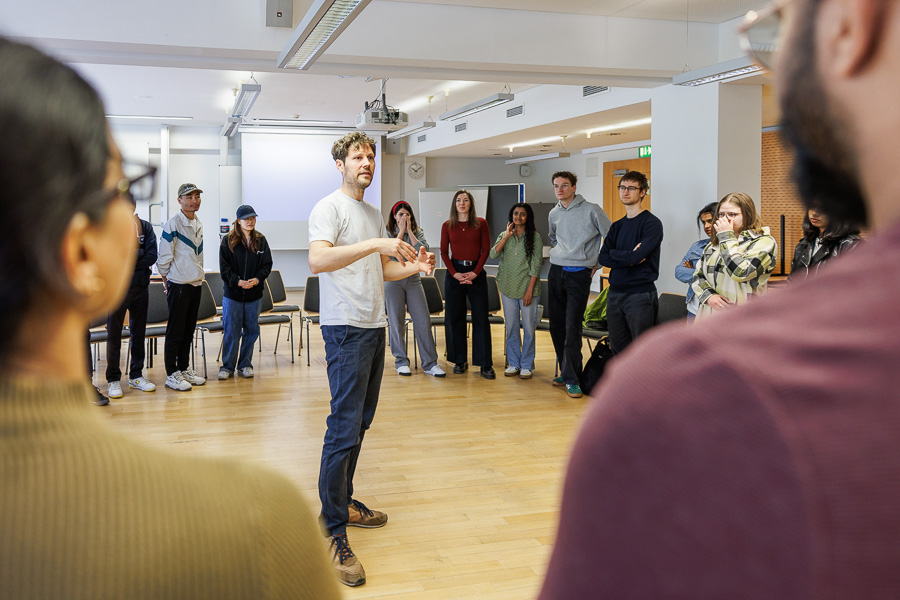
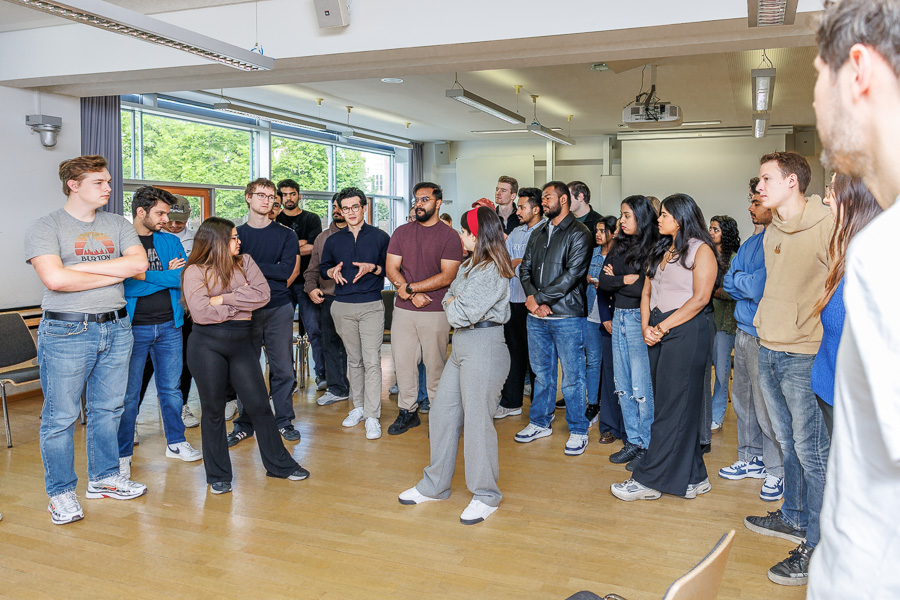
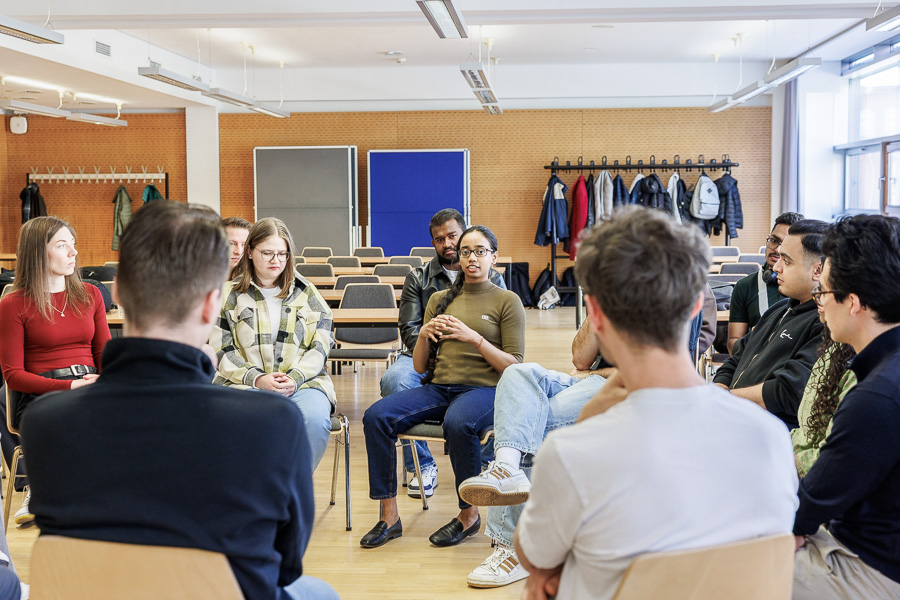
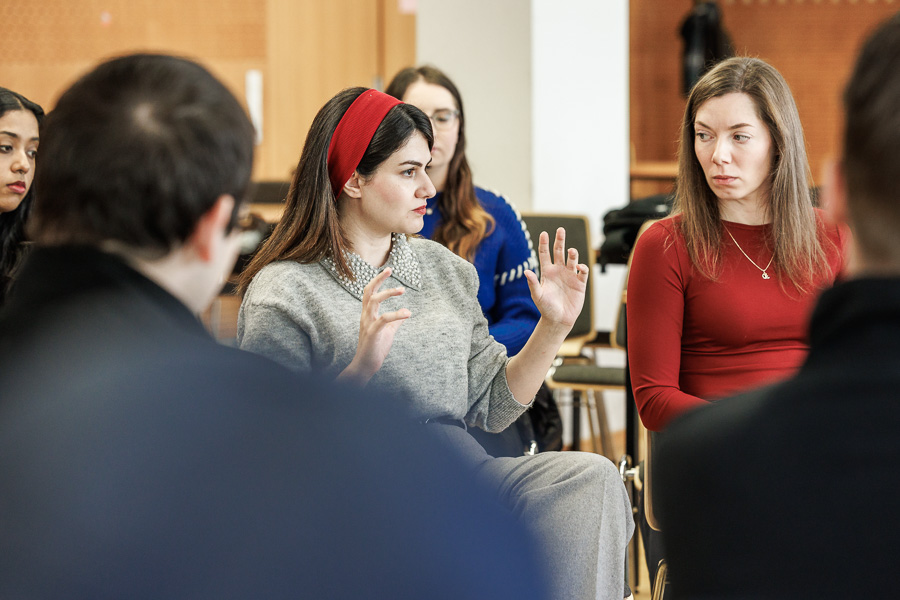
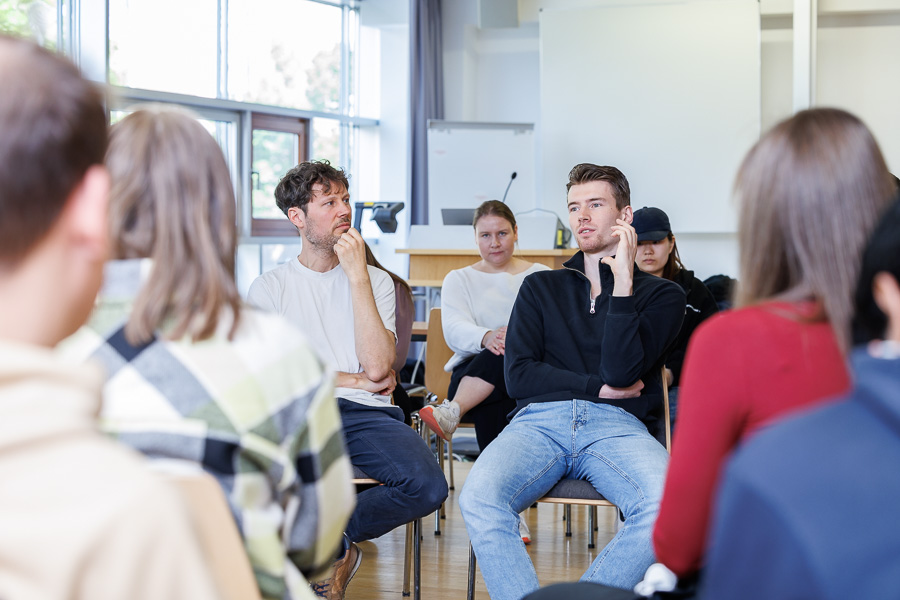
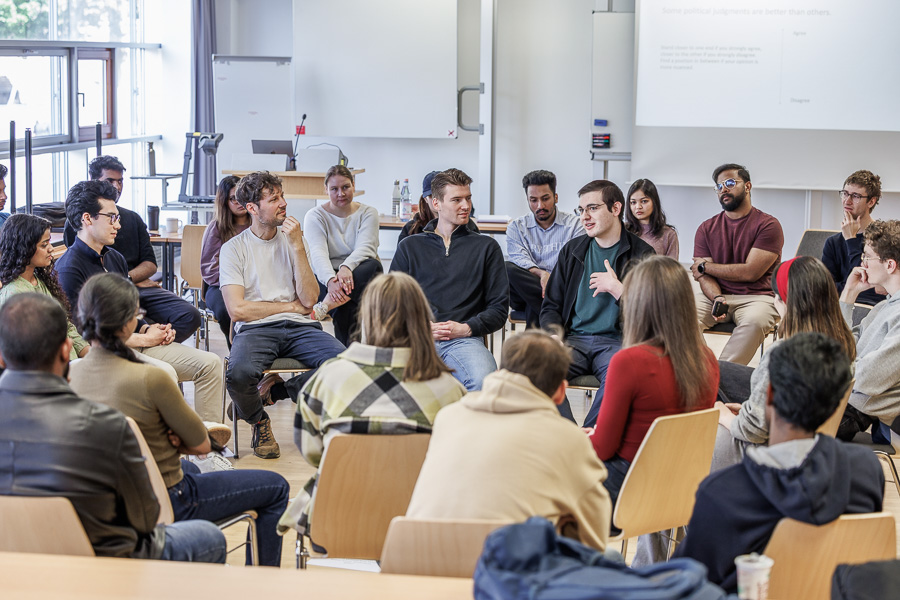
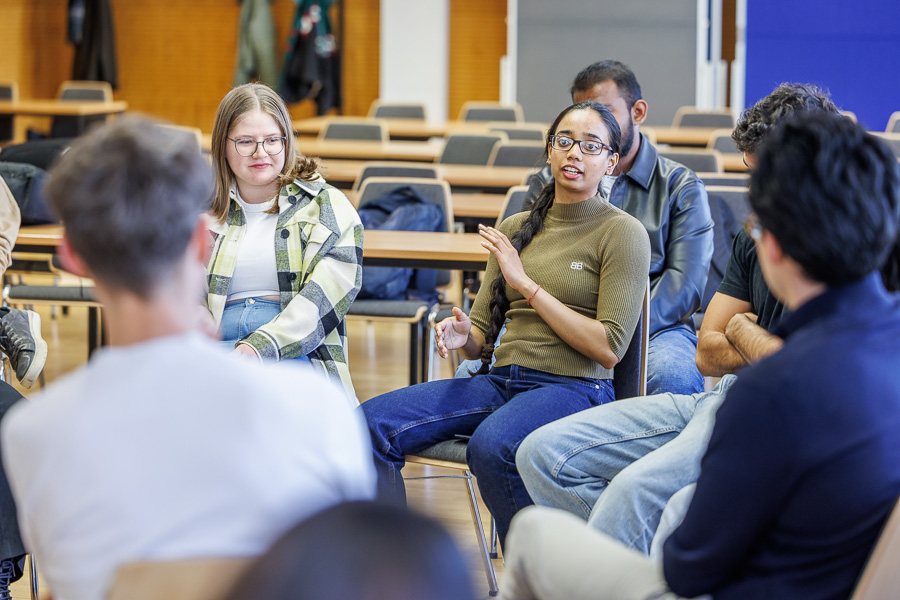
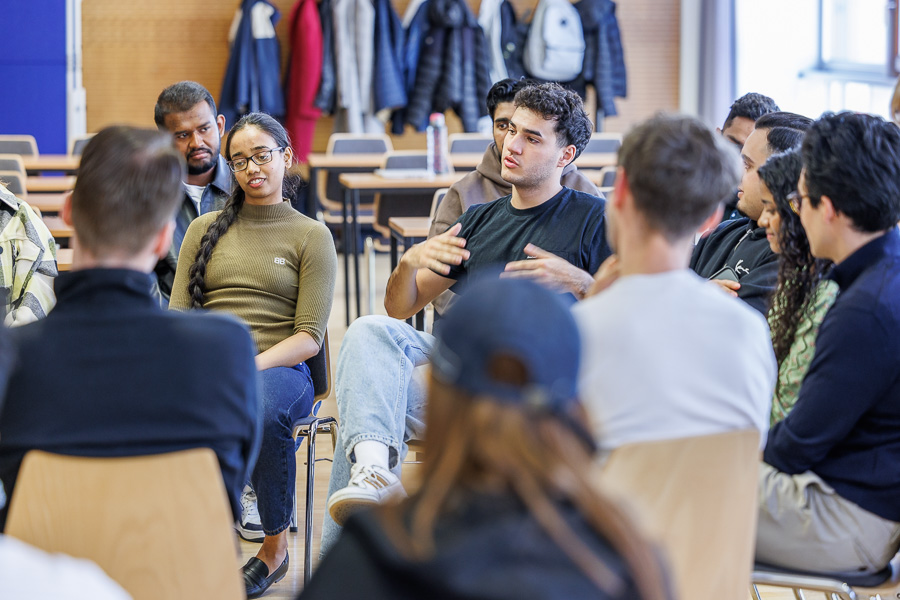
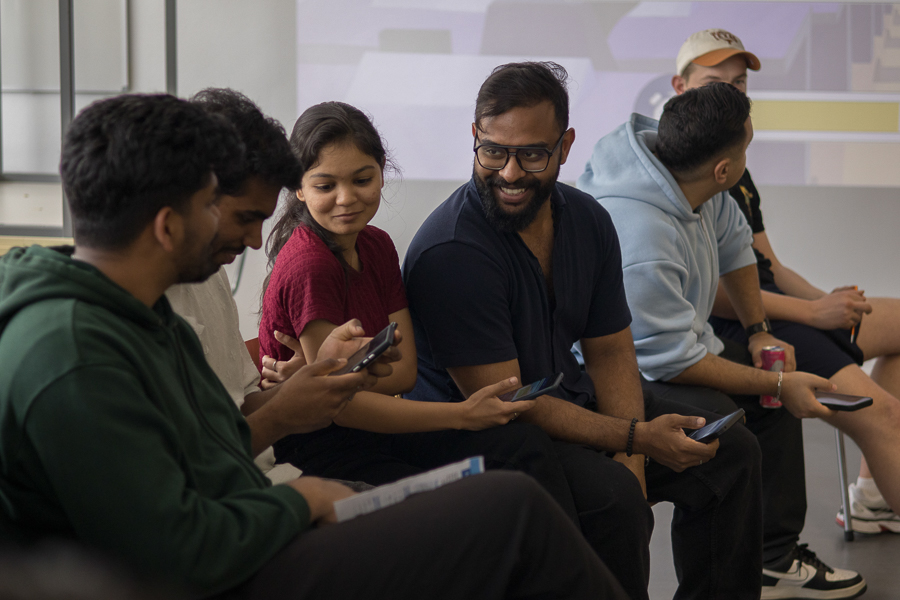
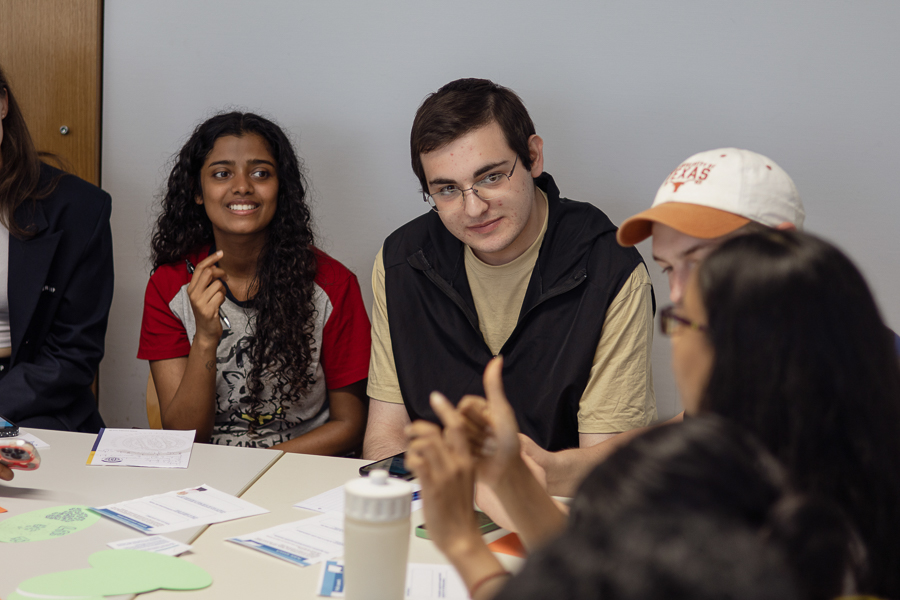
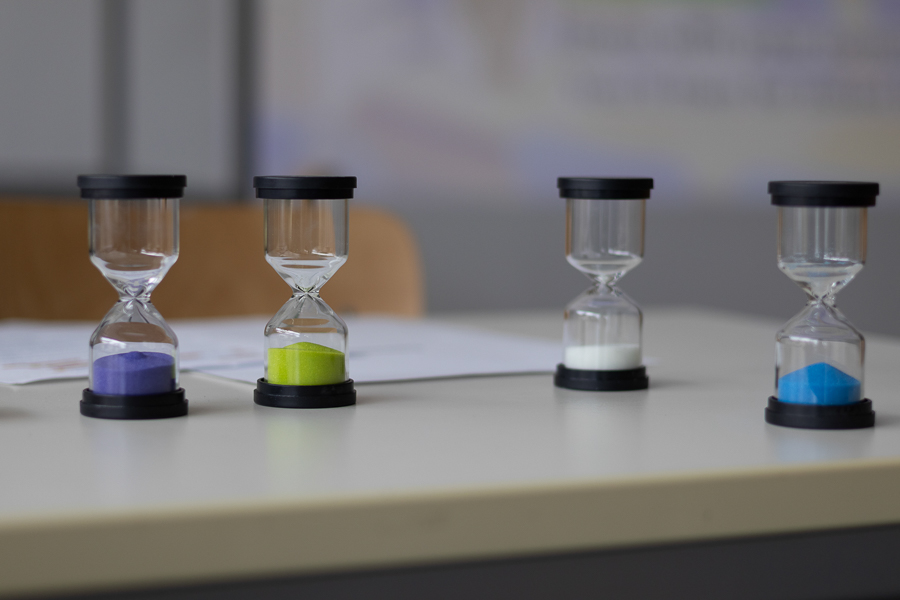
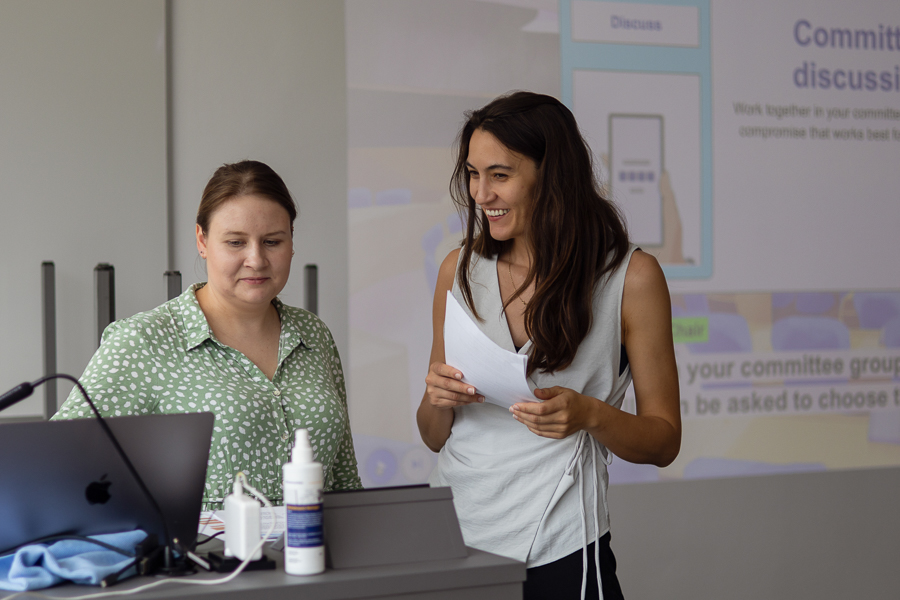
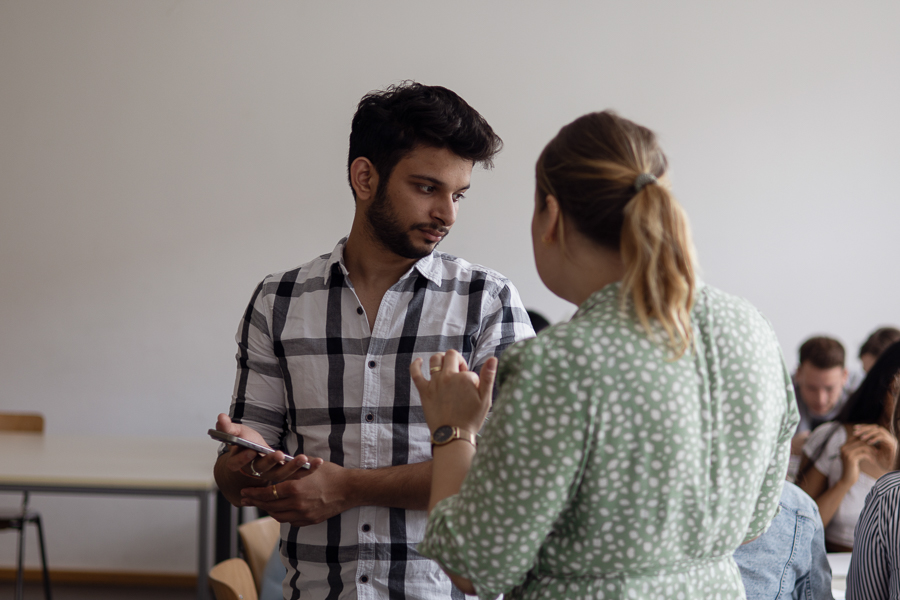
Share article: